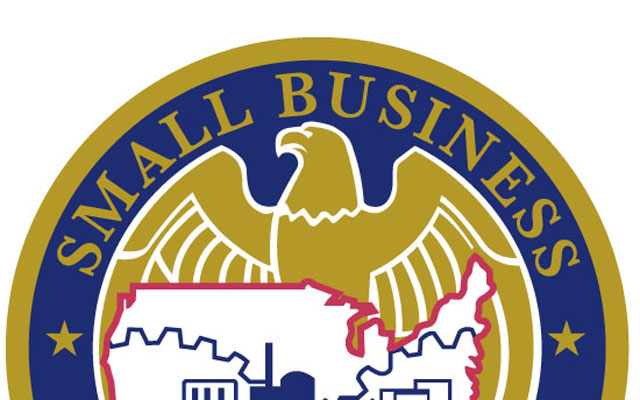Smith/MCT/Newscom
The White House warns that sequestration “would reduce loan guarantees to small businesses by up to $902 million”—loans that it claims are “investments that are helping grow our economy.” Setting this flawed Keynesian line of thinking aside, it’s worth investigating whether or not there is room to reduce spending at the Small Business Administration (SBA), which issues these loans.
No surprise, there is. The Waste Book 2012, from the office of Senator Tom Coburn (R–OK), found that cupcake shop owners across the country received $2 million in SBA loans in 2012. While these cupcakes may be delicious, propping up such small businesses with federal tax dollars is not a proper, much less critical, function of the federal government.
Access to capital is crucial for starting a small business, but private banks and venture capitalist firms—not the federal government acting as a bank—should be in the business of giving loans to entrepreneurs. They allocate capital more efficiently than the federal government, and they don’t leave taxpayers on the hook should a company fail. Taxpayers have seen Exhibits A through Z of what happens when the federal government picks winners and losers, in the slew of failed green energy companies that were financed with their tax dollars.
The Government Accountability Office has also identified waste at the SBA. It noted that the SBA is one of four federal agencies that run 80 economic development programs. Translation: significant overlap, duplication, and wasteful spending.
The Heritage Foundation has explained how the SBA “unnecessarily intervenes in free markets,” and thus should be eliminated entirely. Alternatively, Senator Coburn outlined in a 2011 report on budget reforms several ideas to programmatically reform the SBA that could save taxpayers several billion dollars over a decade.
Lawmakers should not force taxpayers to financially back small businesses through the SBA. Instead, they should allow the private sector to fulfill this role entirely—as it will if Washington would stop its overburdening meddling— while they focus on more pressing matters, such as cutting spending and reforming entitlements, to put the country on a path to balancing the budget in 10 years.
Christian McNally is currently a member of the Young Leaders Program at The Heritage Foundation. For more information on interning at Heritage, please click here.
Source material can be found at this site.










